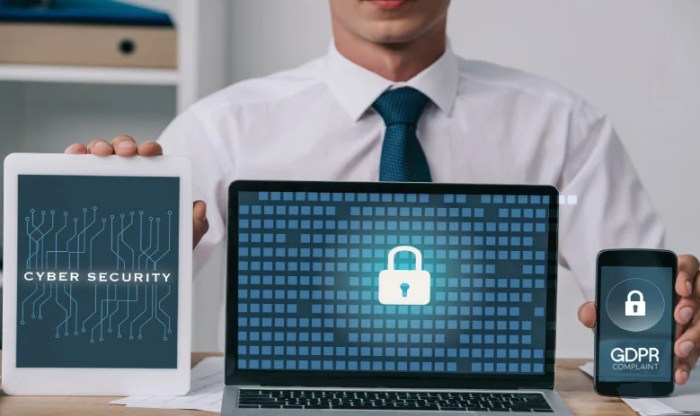- Financial Losses: Identity theft, data breaches, and ransomware attacks can lead to financial losses, such as stolen funds or damaged credit scores.
- Identity Damage: Stolen personal information can be used for fraudulent activities, damaging an individual’s reputation and credit history.
- Data Loss: Malware and data breaches can result in the loss of valuable personal or business data, such as documents, photos, or financial records.
- Privacy Violations: Cyber threats can compromise personal privacy, allowing unauthorized access to sensitive information, such as emails, messages, or browsing history.
Real-World Examples
Numerous real-world cyber attacks have highlighted the devastating impact of these threats. For instance, the 2017 Equifax data breach exposed the personal information of over 145 million Americans, leading to widespread identity theft and financial fraud. The 2021 Colonial Pipeline ransomware attack disrupted fuel supplies across the southeastern United States, causing widespread economic losses.
Personal Cybersecurity Practices
In the digital age, safeguarding our personal data and devices from cyber threats is paramount. By implementing robust cybersecurity practices, we can significantly reduce the risk of falling victim to malicious attacks.
Strong passwords serve as the first line of defense against unauthorized access. Avoid using easily guessable combinations and opt for complex passwords that incorporate a mix of upper and lowercase letters, numbers, and symbols. Additionally, consider utilizing a password manager to securely store and manage your credentials.





